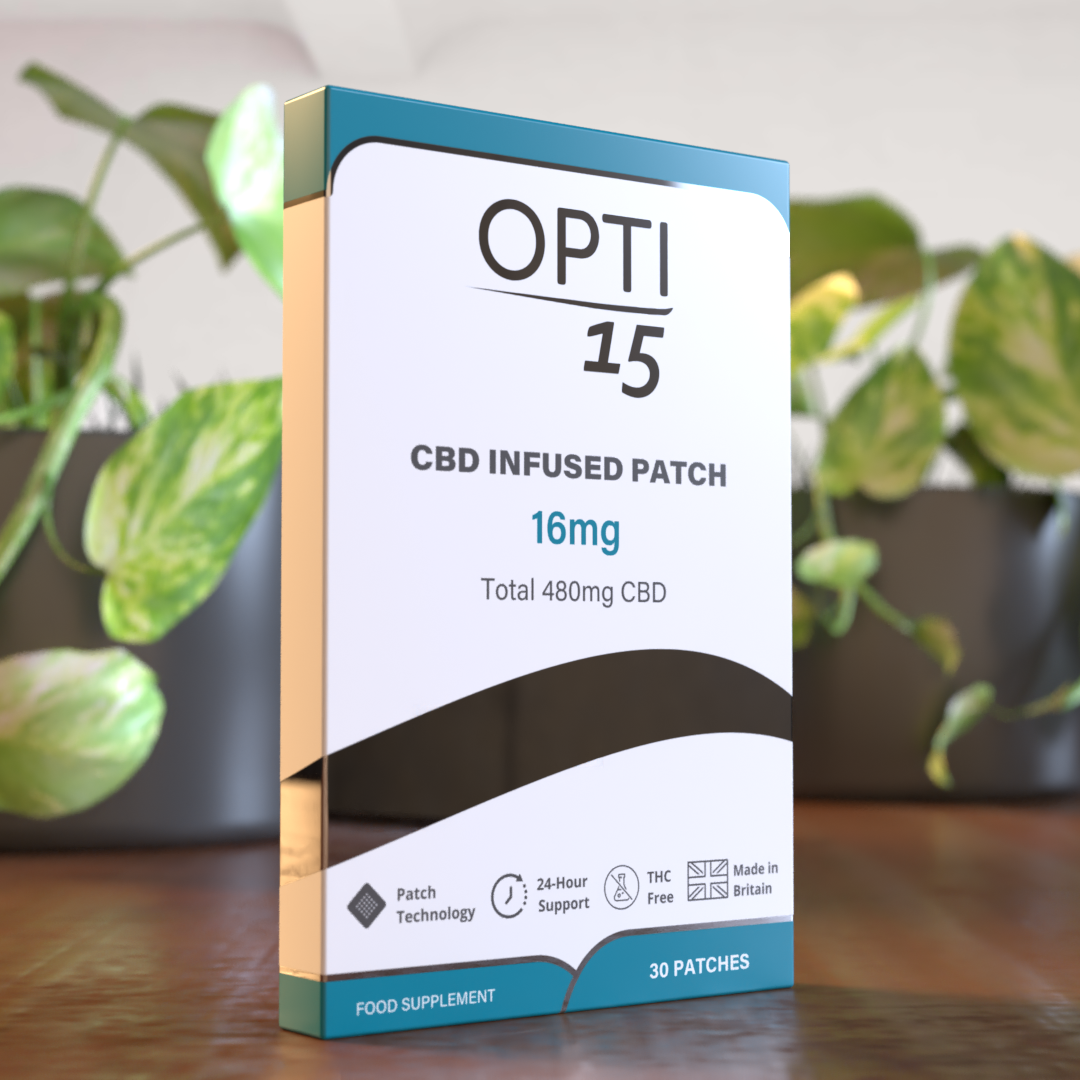Protect Your Heart: Risks, Prevention & Treatment Tips

Making wise decisions today that will benefit you for the rest of your life is the key to preventing heart disease (and all cardiovascular disorders). Your age, family history, lifestyle, and a number of medical issues can all raise your risk of heart disease.
Certain heart disease risk factors, like age and family history, are uncontrollable. But others such as bad eating habits, inactivity, and bad habits can also have a negative impact on your heart health. Fortunately, anyone can take easy measures to protect your heart and maintain it throughout their life, regardless of age.
Conditions that increase the risk of heart disease:
As mentioned, there are some factors that are beyond our control. However, some health conditions that can increase the risk of heart issues are:
1. High blood pressure:
One of the main risk factors for heart disease is high blood pressure. It is a disease that develops when the blood pressure in your arteries and other blood vessels is very high. Your heart and other vital organs, such as your kidneys and brain, may be impacted by the elevated blood pressure if it is not managed.
The term "silent killer" is frequently used to describe high blood pressure because it typically exhibits no symptoms. Measuring your blood pressure is the only way to determine whether you have high blood pressure. By altering your lifestyle or using medication, you can lower your blood pressure and lower your risk of heart disease and heart attacks.
2. High blood cholesterol levels:
Cholesterol is a waxy, fat-like material produced by the liver or present in some foods. Although your liver produces enough cholesterol to meet your body's demands, the foods we eat frequently provide us with more cholesterol.
Excess cholesterol can accumulate in the walls of arteries, including the heart, if we consume more than our bodies can utilize. This causes the arteries to narrow, which can reduce blood flow to the kidneys, heart, brain, and other areas of the body.
Blood cholesterol comes in two primary forms:
-
Low-density lipoprotein, or LDL, cholesterol is regarded as "bad" cholesterol since it can lead to the accumulation of plaque in your arteries.
- High levels of HDL (high-density lipoprotein) cholesterol offer some protection against heart disease, it is regarded as "good" cholesterol.
Usually, there are no symptoms or indicators of high blood cholesterol. Getting your cholesterol examined is the only way to determine whether you have high cholesterol. A "lipid profile," a straightforward blood test, can be performed by your medical team to determine your cholesterol levels.
3. Diabetes:
Your body requires sugar, or glucose, to function. The hormone insulin is produced in the pancreas and aids in the transportation of glucose from food to the cells in your body for energy. A person with diabetes has either insufficient insulin production, impaired insulin use, or both.
Blood sugar levels rise as a consequence of diabetes. Adults with diabetes have an increased chance of dying from heart disease compared to those without the disease. 2 Consult your physician about managing or preventing diabetes and controlling other risk factors.
4. Obesity:
Excess bodily fat is called obesity. Obesity is associated with lower levels of "good" cholesterol and greater levels of "bad" cholesterol and triglycerides. In addition to heart problems, obesity can cause diabetes and high blood pressure. Discuss a strategy for reaching a healthy weight with your medical team.
5. Age:
A weakening or thicker cardiac muscle and damaged and restricted arteries are risks associated with aging.
6. Sex:
In general, men are more susceptible to heart disease. Women are more at risk following menopause.
7. Genes:
Coronary artery disease risk is increased by a family history of heart disease, particularly if one parent had the condition early in life. This implies before the age of 65 for female relatives like your mother or sister, and 55 for male relatives like your father or brother.
6. Not exercising:
Numerous types of cardiac disease and some of its risk factors are linked to inactivity.
7. Stress:
Stress on an emotional level might worsen other heart disease risk factors and cause artery damage.

Strategies to prevent heart diseases:
Heart disease is one of the main causes of death. Certain risk variables, such age, sex at birth, and family history, are unchangeable. However, there are numerous additional measures you may take to reduce your risk of heart disease.
1. Avoid tobacco use and smoking:
Quitting smoking or using smokeless tobacco is one of the healthiest things you can do for your heart. Avoid being around second-hand smoke even if you don't smoke.
Tobacco contains chemicals that can harm blood vessels and the heart. Since cigarette smoke reduces blood oxygen levels, blood pressure and heart rate increase. Due to this the heart has to exert more effort to provide the body and brain with adequate oxygen.
2. Do regular exercise:
Physical activity on a daily basis can reduce the risk of heart disease. Engaging in exercise also aids with weight control. It lessens the likelihood of developing additional heart-related illnesses such as high blood pressure, high cholesterol, and type 2 diabetes.
You might need to gradually increase your activity level to reach these objectives if you haven't been active in a long time. Generally speaking, though, you should strive for at least:
- moderate aerobic exercise, such as brisk walking, for 150 minutes each week.
- Participate in strong aerobic exercise, like running, for 75 minutes every week.
- a minimum of two strength training sessions every week.
3. Eat healthy diet:
A nutritious diet can reduce the risk of type 2 diabetes, improve blood pressure and cholesterol, and protect the heart. A heart-healthy diet consists of:
- fruits and vegetables
- legumes, such as beans
- lean fish and meats
- dairy products with reduced or no fat
- whole grains
- avocado and olive oil are examples of healthy fats
The Mediterranean diet and the Dietary Approaches to Stop Hypertension (DASH) eating plan are two instances of heart-healthy eating regimens. Some natural detox for heart health can also be used.
Reduce your intake of the following:
- salt or foods heavy in sodium
- sugar or drinks with added sweetness
- extremely refined carbs
- Alcohol
- processed meats and other highly processed foods
- Red meat, full-fat dairy products, palm oil, and coconut oil are all sources of saturated fat
- Trans fat is present in several baked goods, chips, and fried fast food
4. Maintain healthy weight:
Being overweight increases the risk of heart disease, particularly in the middle of the body. Conditions that increase the risk of heart disease can result from being overweight. These ailments include type 2 diabetes, high blood pressure, and high cholesterol.
A person's height and weight are used by the body mass index (BMI) to determine if they are overweight or obese. Overweight is defined as having a BMI of 25 or above. It is generally associated with elevated blood pressure, elevated cholesterol, and an elevated risk of heart disease and stroke.
5. Get quality sleep:
Individuals who don't get enough sleep are more likely to suffer from depression, diabetes, high blood pressure, obesity, and heart attacks.
The majority of adults require a minimum of seven hours of sleep every night. Typically, children require more. Thus, be sure to obtain adequate sleep. Establish a sleep schedule and follow it. Get into bed and wake up at the same time every day to achieve that. To make it simpler to fall asleep, keep your bedroom calm and dark.
6. Manage stress:
Chronic stress can contribute to elevated blood pressure and other heart disease risk factors. Some people also use harmful coping mechanisms to deal with stress. For instance, they might smoke, drink, or overeat. You can improve your health by managing stress in various ways. Exercise, mindfulness, yoga, meditation, and relaxation techniques are all considered healthy strategies.
Treatment tips for heart health:
Some common treatment options for heart disease are:
-
Medications: To manage diabetes, high blood pressure, high cholesterol, and chest discomfort, doctors may recommend medications. Aspirin and other blood thinners can lower the risk of clots.
-
Medical operations and Surgery: To restore blood flow and lower the risk of a heart attack, severely restricted arteries may require operations like angioplasty or bypass surgery.
- Cardiac Rehabilitation: After heart surgery or procedures, structured programs that include stress management, nutrition counselling, supervised exercise, and quitting smoking help patients recover and achieve better results.
Conclusion:
Understanding and controlling risk factors through medical treatment and a healthy lifestyle are essential to heart protection. Your risk of heart disease can be significantly decreased by regular exercise, a nutritious diet, abstaining from tobacco, keeping a healthy weight, and keeping an eye on your health. A combination of medicine, lifestyle modifications, and even surgery can effectively control heart disease and enhance quality of life if it occurs.
References:
- https://www.cdc.gov/cholesterol/about/index.html
- https://www.cdc.gov/diabetes/php/data-research/index.html
- https://www.nhlbi.nih.gov/education/dash-eating-plan
- https://my.clevelandclinic.org/health/articles/24391-ldl-cholesterol
- https://www.cdc.gov/heart-disease/risk-factors/index.html


